In the News
-
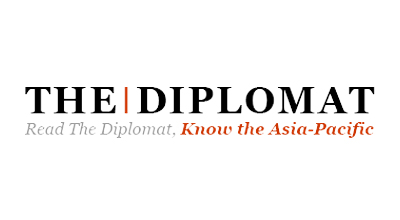 15 October 2018
15 October 2018Nepal and the China-EU Lending Race
In this article in The Diplomat, Peter Gill discusses the 220 kV Marsyangdi Corridor Transmission Line and its potential impact on the local Nepali community within the broader context of development finance. Accountability Counsel supported FPIC & Rights Forum in their recent submission to the European Investment Bank’s (EIB) Complaints Mechanism on October 8, 2018. The article also highlights the challenges surrounding accountability within development finance in the Asia-Pacific region, which is traditionally dominated by Western-aligned multilateral development banks, vis-a-vis the expansion of Chinese lending. -
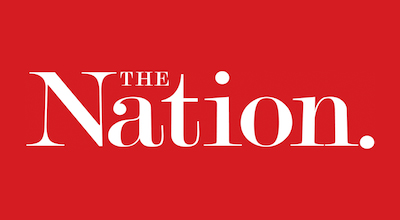 27 September 2018
27 September 2018Is the World Bank Group Above the Law?
In this article in The Nation, Barry Yeoman dives into the issues at play in the Jam v. IFC case brought by EarthRights International, which will soon be heard before the U.S. Supreme Court. Accountability Counsel submitted a joint amicus brief in support of the Indian fishing communities and farmers who are challenging the IFC through this case. The article also highlights our Maple Energy case in Peru, where the IFC provided finance to a company causing unremediated harm to local communities. -
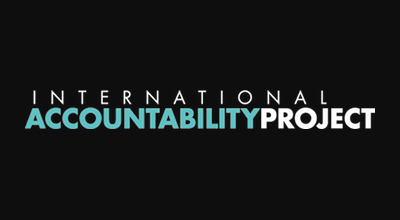 16 August 2018
16 August 2018Fisherfolk Communities in Northern Sri Lanka Organize to Protect Livelihoods From Proposed Asian Development Bank Project
Earlier this year, I found myself in the quiet town of Jaffna, in Northern Sri Lanka, sharing a meal with fisherfolk from different parts of the northern province. We were seated in a newly built hotel in the middle of town, surrounded by war-torn buildings and ruined historic palaces. Our meal consisted of a simple yet delicious fish curry, served with rice and topped with spiced coconut meat. The food was unlike anything I had tasted before, unique to the region and distinctive in flavor. My companions explained that while they currently had access to abundant fish from the sea, they worried they would lose their traditional foods and livelihoods as a result of a new development project that was being proposed by the government. -
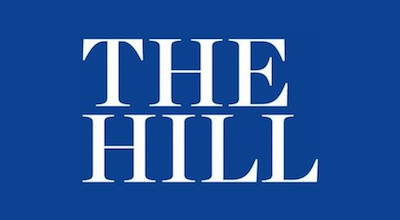 13 August 2018
13 August 2018The key for EXIM’s future lies in accountability
…With these nominations, proponents hope that EXIM will soon have authority to approve larger transactions. However, any conversation on EXIM’s future, particularly with a potential expansion of its portfolio, must include strengthening its accountability framework to effectively address complaints from communities affected by EXIM’s activities. -
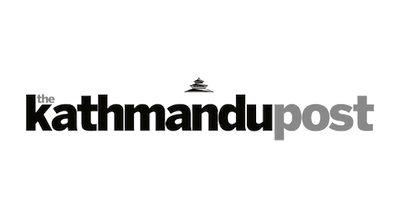 10 August 2018
10 August 2018Indigenous people demand their say in power project
Indigenous communities in Lamjung district have demanded that the Marshyangdi Corridor 220 kV Transmission Line Project respect their rights and seek their Free, Prior and Informed Consent (FPIC) before beginning construction. Locals, on Thursday , wrote to the European Investment Bank (EIB) which is funding the project, demanding forward looking action from the multilateral lender. -
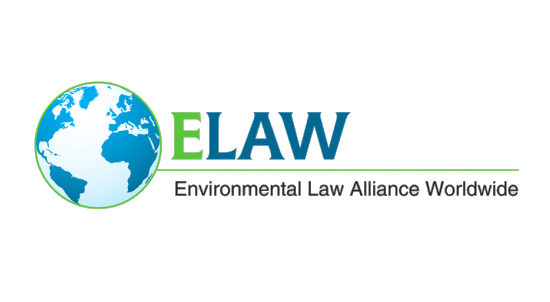 9 August 2018
9 August 2018Protecting the Rights of Indigenous Peoples in Nepal
In honor of International Day of the World’s Indigenous Peoples, ELAW shares its recent work with the Lawyers’ Association for Human Rights of Nepalese Indigenous Peoples (LAHURNIP) relating to the 220 kV Marsyangdi Corridor transmission line project. -
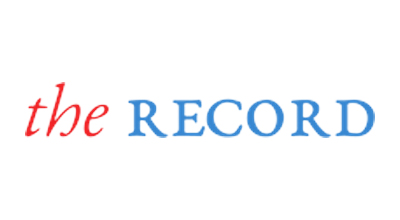 8 August 2018
8 August 2018Why Lamjung communities are demanding EU funded energy project respect rights
Today, on the International Day of the World’s Indigenous Peoples, communities in Lamjung district, Nepal are reiterating their demand that hydropower sector development in their region follow the international legal standard called Free, Prior and Informed Consent (FPIC). -
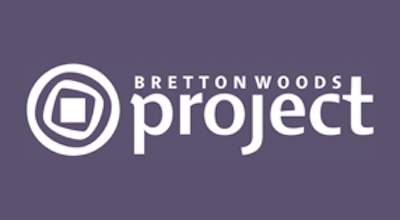 24 July 2018
24 July 2018World Bank announces two new appointments
…The World Bank has previously faced criticism from civil society organisations (CSOs) about the hiring process for members of the Inspection Panel. Kindra Mohr of US-based CSO Accountability Counsel noted that, “The legitimacy and independence of the Panel are closely tied to this hiring process. Given that the Bank’s Board is currently considering how to expand the Panel’s ‘toolkit’ and enhance its ability to address community concerns, the Bank’s leadership should also update this hiring practice to ensure that the Panel is independent in both perception and reality, reflecting best practice at other international financial institutions.” -
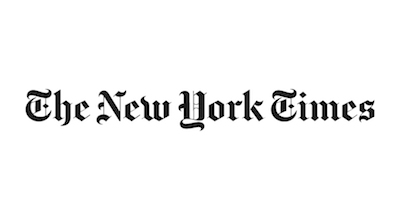 17 July 2018
17 July 2018It Takes Consultation to Help a Village
…This relatively simple step — consulting the people who would benefit from the project — is overlooked in a vast majority of overseas philanthropic and development projects, whether they are led by large institutions like OPIC or the World Bank or even small nonprofits. “People are well intentioned, but a little bit of good intention with a lot of money can do a lot of harm,” said Natalie Bridgeman-Fields, a human rights lawyer. Her organization, Accountability Counsel, works with communities in developing countries to file grievances in an effort to hold large institutions like OPIC accountable when their projects bring harm rather than improvement to the people to be served… -
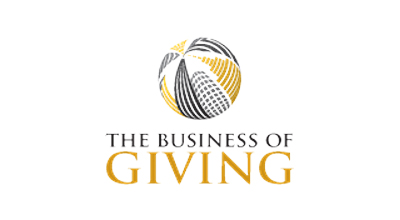 13 July 2018
13 July 2018The Business of Giving Visits the Offices of Accountability Counsel
In The Business of Giving’s radio segment Better Than Most, a regular feature that examines the best places to work among social good businesses and nonprofit organizations, Denver Frederick interviews Accountability Counsel’s San Francisco office. -
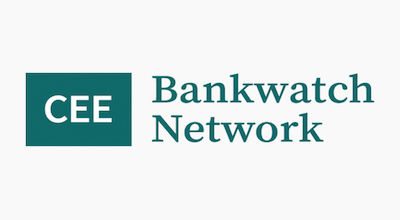 28 June 2018
28 June 2018How the EBRD can seize the day in sustainable development
To truly invest in changing lives and preventing human rights violations, the EBRD must ensure that its independent accountability office can conduct rigorous investigations into allegations of abuse in financed projects – and hold itself accountable. -
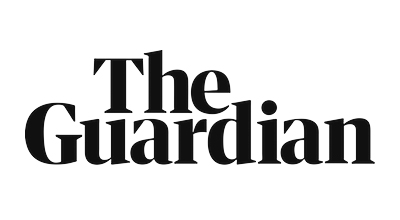 23 June 2018
23 June 2018Living next door to 17 million chickens: ‘We want a normal life’
Ukrainian villagers living in the shadow of Europe’s biggest chicken farm are fighting back – not just against the company but the development banks funding it. -
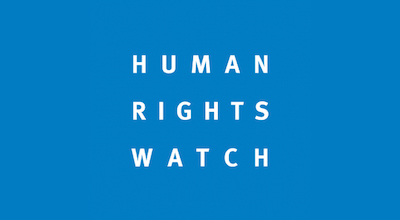 16 May 2018
16 May 2018The World Bank Should Stop Dodging Accountability
In another case from India, tea workers alleged labor rights abuses, in violation of international law and the IFC’s own rules, on IFC-funded tea plantations. Tea workers also appealed to the CAO, which found numerous shortcomings in IFC’s assessment of risks associated with child labor, fair compensation, and freedom of association. They also found IFC wasn’t providing a way out of poverty for workers, contrary to its goal of alleviating poverty. But local civil society say that little has changed for tea workers in the nine years since IFC invested in the tea plantations. -
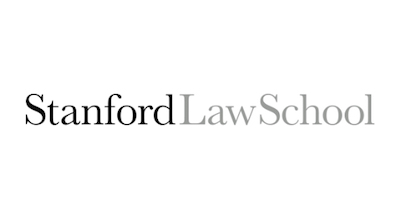 10 May 2018
10 May 2018Do No Harm: Accountability for impact investing
Impact Investment can be hard to get right and easy to get wrong. How can they avoid the unintended consequences for their investments? Impact investors seek social change and sustainability. Yet for investments in areas with weak rule of law, local conflicts can undermine both financial and impact returns and unintended consequences can harm the very people and environments that investors are trying to help. What tools do investors have to understand the local context and address conflicts? New and emerging tools are needed. Accountability Counsel, a global legal advocacy nonprofit, partnered with Stanford Law School’s Law and Policy Lab to investigate these tools and develop guidelines for adoption. This interview with Accountability Counsel founder and Executive Director Natalie Bridgeman Fields describes the tools needed for effective philanthropy. -
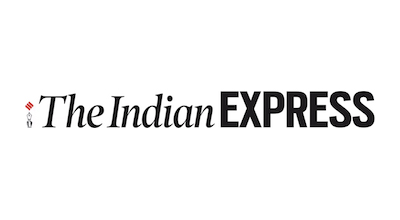 4 May 2018
4 May 2018Tea garden deaths on the rise in World Bank-funded plantations, claim local NGOs
The first complaint about the conditions in the APPL-run plantations to the CAO was filed in February 2013. In November, 2016, the CAO released its findings — and in response, the IFC formulated an action plan based on its 2014 audit by independent NGO Solidaridad. As part of this plan called Project Unnati, the body has set certain goals to improve the living and working conditions of the workers by 2017. The complainants, however, feel that none of the promises have been met. “The World Bank has utterly failed to exercise its leverage to address the CAO’s damning findings,” said Anirudha Nagar, South Asia Director of Accountability Counsel, a supporting organisation. “While APPL management lines their pockets, the Bank should be providing funding and ensuring budgets are appropriately directed towards the health and safety of workers in the face of preventable deaths. The Bank is not being the honest, neutral broker it holds itself out to be.” -
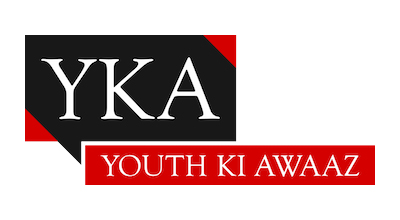 2 May 2018
2 May 2018Rights Denied In The Name Of Development: The ‘World Bank Approach’ In Assam Tea Gardens
The tea gardens under scanner are those of the Amalgamated Plantations Private Limited (APPL) which is the second largest producer and supplier of tea in India, with 25 plantations spread across the states of Assam and West Bengal and employing around 30,000 workers. APPL is owned by Tata Global Beverages, Tata Investment Corporation, tea workers, and the International Finance Corporation( IFC, private sector side of the World Bank Group). A new submission to the World Bank’s accountability office by community-based civil society organizations, Promotion and Advancement of Justice, Harmony and Rights of Adivasis (PAJHRA) and People’s Action for Development (PAD), with the assistance of US-based human rights advocacy group Accountability Counsel, underlines the continuing neglect of workers’ rights by the international body. -
 30 April 2018
30 April 2018The IFC’s worker shareholder failure
Almost exactly nine years ago, on 27 April 2009, the World Bank’s private sector arm—the International Finance Corporation (IFC)—invested in Amalgamated Plantations Pvt. Ltd (APPL), which has 25 tea plantations in Assam and West Bengal. The IFC owns 16% of APPL, while tea workers themselves, some 16,500 of them, own 9% equity. The Tata Group retains a majority 66% stake through Tata Global Beverages and Tata Investment Corp. Ltd. The IFC predicted that the worker share ownership programme would “empower employees by making them stronger stakeholders”. The hope was that the IFC’s social and labour standards would help improve labour conditions, and the investment would support over 155,000 people that live and work on the plantations. -
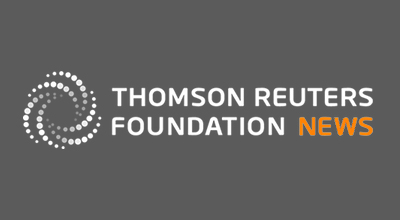 27 April 2018
27 April 2018Indian workers dying on World Bank-backed tea plantations, say campaigners
The IFC and Tata Global Beverages in 2009 set up Amalgamated Plantations Private Limited (APPL), which is partly owned by workers and was intended to end labor abuses on plantations previously run by Tata in the northeastern state of Assam. “Nine years on, we hear of tea workers who have died following work-related accidents, prolonged exposure to hazardous pesticides and lack of adequate medical care,” said Wilfred Topno of People’s Action for Development. After the 2016 investigation, the IFC said it was working with APPL to improve conditions. But in their complaint to the CAO, the advocacy groups said not enough has been done. “The World Bank has utterly failed to exercise its leverage to address the CAO’s damning findings,” said Anirudha Nagar, of the Accountability Counsel. -
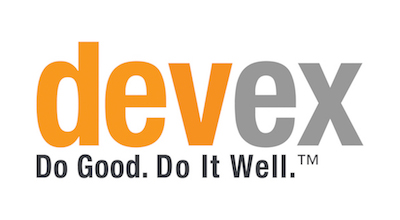 13 April 2018
13 April 2018Impact investors must set up ‘accountability tools,’ experts say
The impact investing community needs to create innovative accountability tools to deal with high-risk environments and ensure their investments are delivering positive social and environmental impacts. This was the message delivered by Natalie Bridgeman Fields, founder and executive director of Accountability Counsel, and Gayle Peterson, director of social finance and impact investing programs at Saïd Business School, during a side event held as part of the Skoll World Forum in Oxford on Thursday. -
 11 April 2018
11 April 2018Spring Meetings 2018 Preamble: Despite favourable growth trends, World Bank and IMF’s attempts to tackle debt and inequality remain elusive
The potential perils of privileging the private sector were highlighted by a recent UK National Audit Office report on public-private partnerships (PPPs), which probed the fiscal cost of PPPs, and a December report by Belgium-based CSO Counter Balance, which stressed the social and environmental risks of the Bank’s push for mega-infrastructure projects. Indeed, Natalie Bridgeman Fields of US-based CSO Accountability Counsel argued in a February Devex op-ed that the Bank’s private-sector promotion, “will be a setup that harms the poor and vulnerable and widens the wealth and equity gap.”

